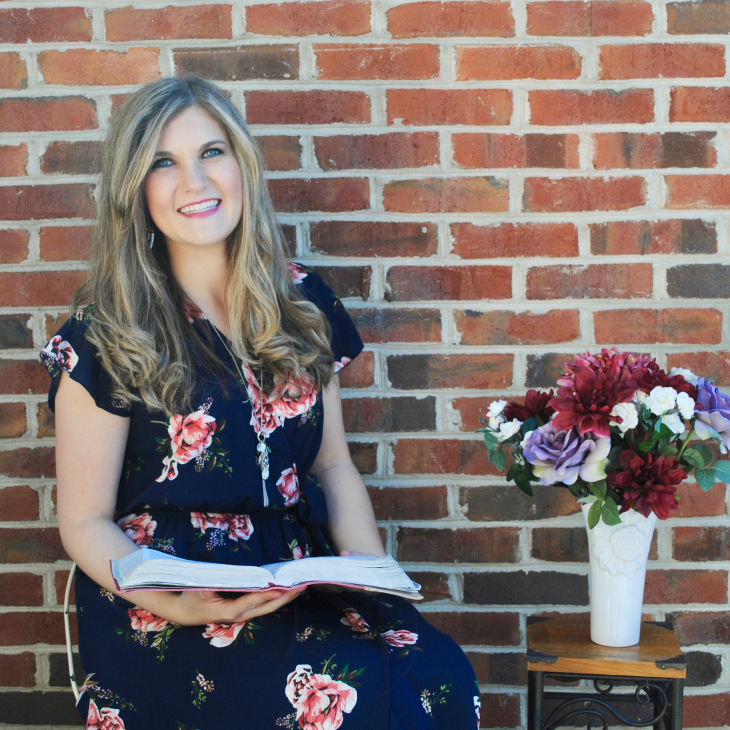There are so many wonderful kinds of Bibles to choose from in the English language. I am not even talking about the versions, but the styles.
We are so fortunate to even have one Bible in our language. Biblica shares, “According to Ethnologue, there are currently 7,106 living languages in the world. As of 2020 the full Bible has been translated into 704 languages. The New Testament has been translated into 1,551 languages and parts of the Bible have been translated into 1,160 additional languages.”
We do not have a need of getting access to a Bible, but we have the privilege of selecting which type of Bible. There are many translations of the Bible in English. Bible Study Tools lists 17 of the best-known translations in the English language. Today I am going to share more about styles of Bibles for personal study rather than versions.
So many wonderful people have worked hard to provide a variety of styles to help readers grow deeper in their walks with the Lord through the Scriptures. Sometimes it feels like time for a change or a fresh perspective and selecting a different type of Bible can be an exciting adventure.
Today I am going to break down 5 different Bibles styles and help you decide which one you should buy next.
1. Study Bible
Liz Kanoy from Crosswalk shares, “The purpose of a study Bible is to help you understand Scripture more clearly as you read it; it usually contains notes for biblical interpretation, book introductions to provide context, and maps for visual pictures of locations.”
The study Bible is a great option for someone wanting to be a student of the Scriptures. If you desire to have more insight into the historical context of the passage and the physical locations of the places mentioned, this Bible is for you. I love reading explanations from Biblical scholars interpreting verses, especially the more challenging ones.
Study Bibles are incredible resources and can be used to help gain understanding and have a fuller view of the connectivity of the Bible as a whole.
2. Devotional Bible
Kathy Howard shares, "Devotional Bible reading focuses on your personal relationship with God…The main purpose of devotional Bible reading is your “spiritual edification.” This time of devotion is for you to hear from God with the help of His Holy Spirit.”
If you are looking to approach the Word to help see personal application, a devotional Bible is a wonderful choice. We come to Scripture to understand more of who God is ultimately, but we also glean who we are meant to be in Him. A devotional Bible helps propel you to take action and apply the lessons taught in Scripture to your daily life.
Inside of the pages of this style of Bible, you will find devotions included from personal testimonies and call to actions from other believers that tie to the Scriptures. This is an excellent way to promote quiet time.
3. Note-taking Bible
Dustin Wax from Lifehack shares, “There’s good evidence that the act of writing itself helps us remember things better. Not all things, though. What’s especially interesting is that writing things down appears to help us remember the important stuff, and that the better our notes are the more likely we are to remember.”
Writing is an amazing way to connect with God and record what He is teaching us. A note-taking Bible provides areas to write down information, prayers, and questions. It enables the reader to fully engage with the Lord and write down to remember. It is easy to forget what we learn from the Bible, so writing down our thoughts and discoveries will aide us to ponder the Scriptures in a deeper way.
Note-taking Bibles are also incredibly useful at church to take notes while hearing the sermon. It eliminates the hassle of having to bring a separate journal with a Bible. This is a two-for-one gift.
4. Text Bible
Webster’s Dictionary shares that a text Bible is “an edition of the Bible published with an unannotated text.”
If you get distracted with all of the artsy Bible additions and just want the Word, the text Bible is your friend. Everything else is simply an add on. It is important to research the context of the Scriptures and not neglect resources, but sometimes it is nice to keep those physically separate by just having the Bible text.
If you would like to get back to the basics of the Bible, then look no further, the Text Bible is for you.
5. Reader’s Bible
Crossway shares, “In the Reader’s Bible they have been removed from the Bible text, and the result is a new kind of Bible-reading experience in a volume that presents Scripture as one extended storyline.”
If you are desiring to read the Bible as a whole without the verses, but just read per chapter, the Reader’s Bible is for you. The Scriptures are seamlessly connected. This type of Bible helps you to have the ability to focus on the chapter as a whole rather than get caught on one single verse. It creates a fluidity for the reader to see God’s Word as a whole.
Next time you go Bible shopping, I hope that you can use this article as a resource. Whether it is a study, devotional, note-taking, text, or reader’s Bible, all of them are useful to growing in our personal faiths in Christ. Ultimately the goal is knowing Jesus and sharing Him with the world. The Bible is our gift in knowing God and gaining a deeper relationship with Him through our time spent reading and praying.
Instead of feeling overwhelmed in a Bible book section by all of the styles of Bibles, I hope that we can each feel a little more confident in understanding the various types. Feel free to have multiple styles, whatever motivates you to get into the Word is the goal. Hebrews 4:12 says, “For the word of God is living and active, sharper than any two-edged sword, piercing to the division of soul and of spirit, of joints and of marrow, and discerning the thoughts and intentions of the heart.”
More from this author
Which of the 12 Disciples Do You Relate To?
5 Ways to Become an Even Greater Student of the Bible
5 Reasons We Aren't Succeeding in a Healthier Lifestyle and How God Can Help
Photo Credit: ©Tom Hermans/Unsplash





